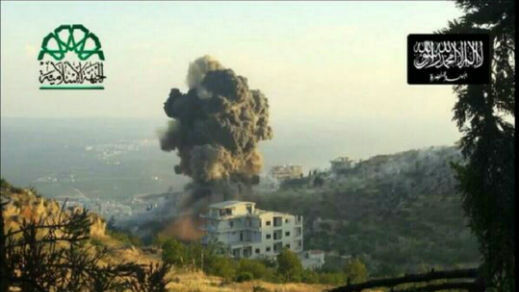Trial begins for three ‘Jihadis’
Ahmed Latheef, Ahmed Suhail Moosa, and Munawwar Abdulla are the first to stand trial for traveling abroad with the intent of joining a terror group after the offence was criminalised by the controversial 2015 Anti-Terrorism Act.

05 Jun 2016, 09:00
Three Maldivian men arrested from the Turkey-Syria border in February appeared at the criminal court in Malé today to answer charges of terrorism.
Ahmed Latheef, Ahmed Suhail Moosa, and Munawwar Abdulla are the first to stand trial for traveling abroad with the intent of joining a terror group after the offence was criminalised by the controversial 2015 Anti-Terrorism Act.
At the beginning of today’s hearing, Judge Adam Arif asked each defendant individually if they wished to appoint legal counsel.
Latheef quickly rose to his feet and requested time to hire a lawyer. But Suhail and Munawwar insisted that they did not understand the terrorism charges.
Become a member
Get full access to our archive and personalise your experience.
Already a member?
Discussion
No comments yet. Be the first to share your thoughts!
No comments yet. Be the first to join the conversation!
Join the Conversation
Sign in to share your thoughts under an alias and take part in the discussion. Independent journalism thrives on open, respectful debate — your voice matters.




